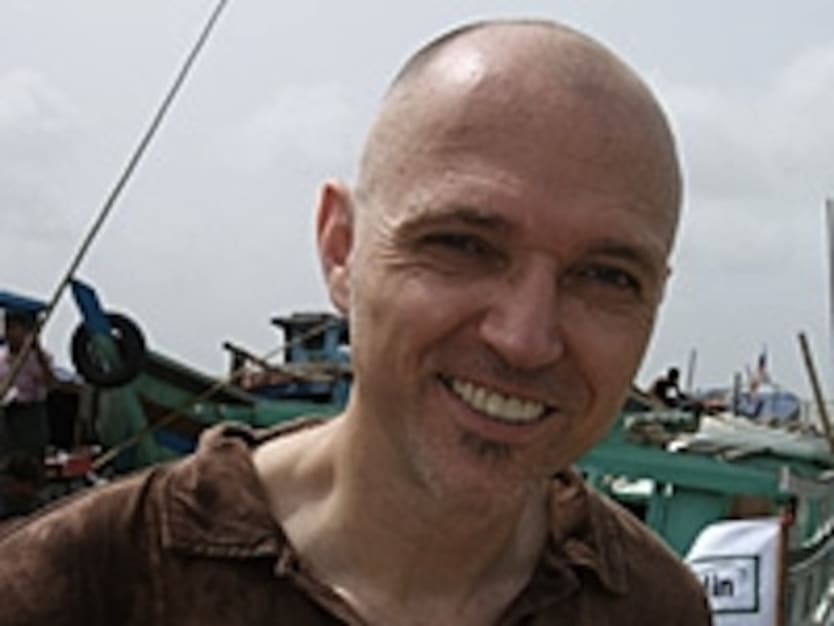
Celebratory gunfire punctuated Michael Gabriel’s sentences on the eve of Libya’s first post-Gadhafi election. It might have been for the end of a football match, or a wedding. But it could have been a political party rolling down the street with a few cars and some machine guns.
“People are very excited, people are very hopeful,” said Gabriel, the Mercy Corps country director in Tripoli, on July 6. “They want to move forward, and start building the institutions that are necessary for a new government.”
Many of them have never voted before.
But those ubiquitous machine guns are making the transition frightening for both Libyans and international aid organizations. At a time when violence is escalating against foreign institutions in Libya, the country needs them more than ever.
The proliferation of weapons and militias are understandable products of war, said Gabriel, but they’ve taken their toll on the population. Mercy Corps identified a huge unmet need for psychosocial services — one of the most requested interventions. Local councils, civil society groups and teachers have all asked for more of it, for children and for the many adults who show signs of trauma after experiencing war.
Libya’s traumatic past has made it difficult for many of its people to peacefully discuss political differences and reach consensus without resorting to violence.
How committed is the international community to seeing Libya through this hazardous process? Gabriel felt that many foreign donors lost interest in the months after the death of Moammar Gadhafi, the country’s ruler for 42 years, in October 2011, once fighting stopped and emergency relief began to give way to reconstruction and development.
“There was some good humanitarian assistance but donor support for the transition has been weak,” said Gabriel. “The West did a lot to create the conditions for reform, and we think it’s important to follow through with more assistance that’s very strategically targeted.”
The perception of Libya as having enough oil wealth to go it alone is misguided, according to Gabriel. Trash litters the coastal road because the government doesn’t have the services in place to remove it. Young people graduating from school have the wrong skills for the available jobs, creating the twin problems of employment vacancies and youth unemployment that helped spark the Arab Spring. The country is pockmarked with areas of deep poverty where access to food, health care, education and shelter is lacking.
Targeted foreign aid would help diversify the economy, currently overly reliant on extractive industries. It could also spur job creation, create better education and training programs for the youth, and encourage a competitive business environment.
Donors hope the new government will be interested in establishing transparent processes for accepting foreign aid and using it in a way that is acceptable to donors and has impact on Libyan communities.
But first thing’s first. Law and order is not a given in Libya. A large number of weapons is loose in the country, affecting the level of security, real and perceived.
Violence has increased significantly in recent weeks, especially in the eastern city of Benghazi. An elections office was attacked July 1, and on July 6 a helicopter carrying election materials was shot at, killing one.
Aid workers have also been targeted: The U.S. consulate was attacked in June, as was the British Ambassador’s convoy, followed by an attack on a Red Cross office.
Mercy Corps decided to suspend its field operations while the elections take place, a step Gabriel said was commonplace across organizations and countries. Local staff want the chance to vote, and uncertainty about the security situation means it’s safer for everyone to stay put and take stock.
The increased political violence is due in part to regional discontent over the distribution of new parliamentary seats. With easterners due to fill 60 out of 200 positions, some worry their voices will not be heard in the new government. Westerners fear there will be a push for secession.
For Gabriel and his staff of around 40, the elections will hopefully begin a new era of international engagement with Libya, where a successful political transition won’t erase significant development needs.
Read more development aid news online, and subscribe to The Development Newswire to receive top international development headlines from the world’s leading donors, news sources and opinion leaders — emailed to you FREE every business day.








